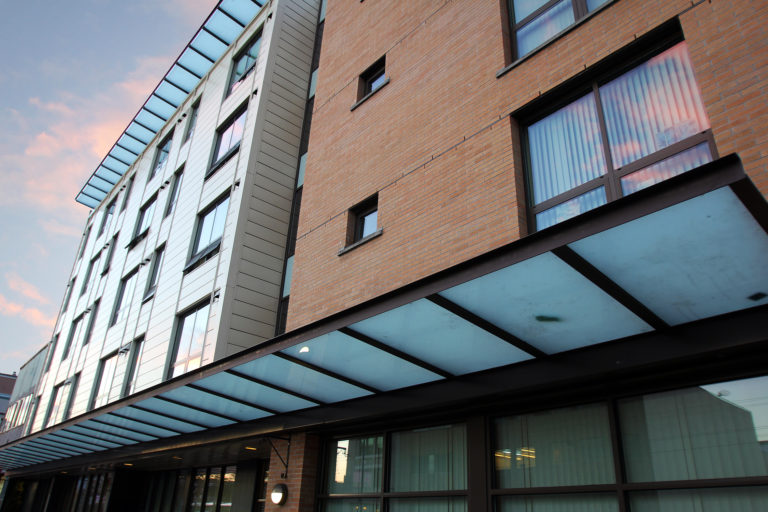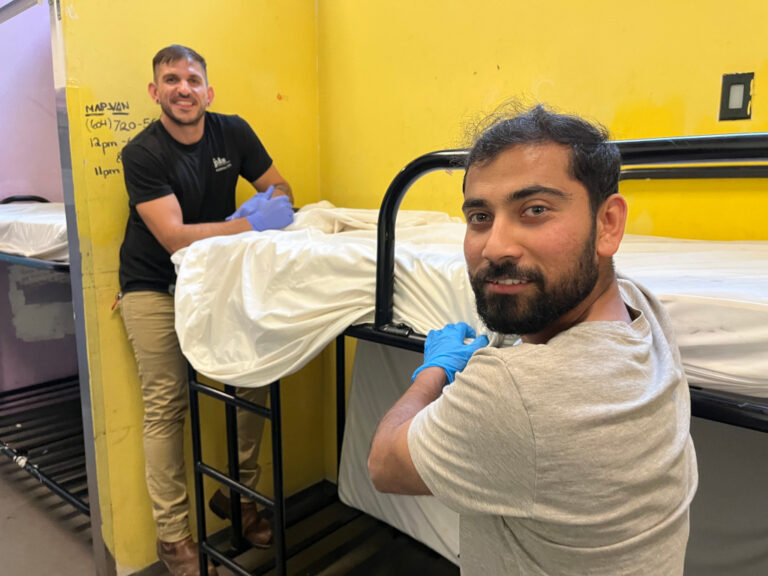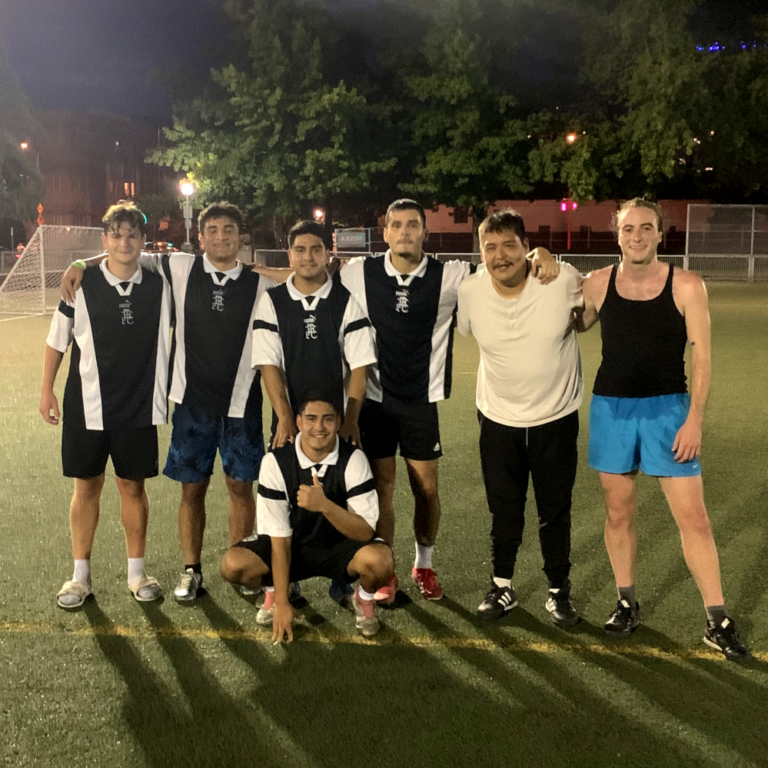Homeless count examines race: minority groups significantly more like to be on the streets
This year’s Metro Vancouver homeless count collected race-based data for the first time, finding people that identify as Indigenous, Black and Latin American are disproportionately represented among the region’s homeless population. The homeless count gives a snapshot view, informing governments and community agencies about numbers, demographic profiles and long-term trends.
Over a 24-hour period on March 3 and 4, some 3,634 homeless individuals were counted in Metro Vancouver: 1,029 were outdoors and 2,605 were in shelters. (It was a cold night with Extreme Weather Response shelters open.)
The total number of individuals counted, announced early August, remained relatively consistent with the 2017 figure, with an overall increase of 29 from that year.
But it’s the race-based data that stands out:
Indigenous homelessness remains disproportionately high in Metro Vancouver. The 2020 count found 711 individuals who identified as Indigenous, which is 33 percent of the total (compared to 2.5 percent of the overall population who self-identified as Indigenous in the 2016 census)
Black individuals are also overrepresented, with 6 percent of respondents identifying as Black (though only counting for 1.2 percent in the Metro Vancouver general population).
People who identified as Latin American account for three percent of those noted in the survey, while the group accounts for 1.4 percent of the area’s total population.
Indigenous homelessness critical
“Homelessness continues to be a critical issue for which we have not found a solution,” said David Wells, Chair of the Indigenous Homelessness Steering Committee. “The Indigenous community continues to bear the brunt of this crisis and the events of the past several months have only amplified this harm.” Some caution is required as the figures likely under-represent the region’s homelessness, especially of those precariously housed such as “couch surfing” between friends’ places.
Being homeless is terrible to health, with the life expectancy half that of the B.C. average. It is an urgent and long-term health emergency.
- PHS Community Services Society provides housing, healthcare, harm reduction and health promotion for some of the most vulnerable and under-served people in Vancouver’s Downtown Eastside and Victoria.
- Your donations help make housing possible.



